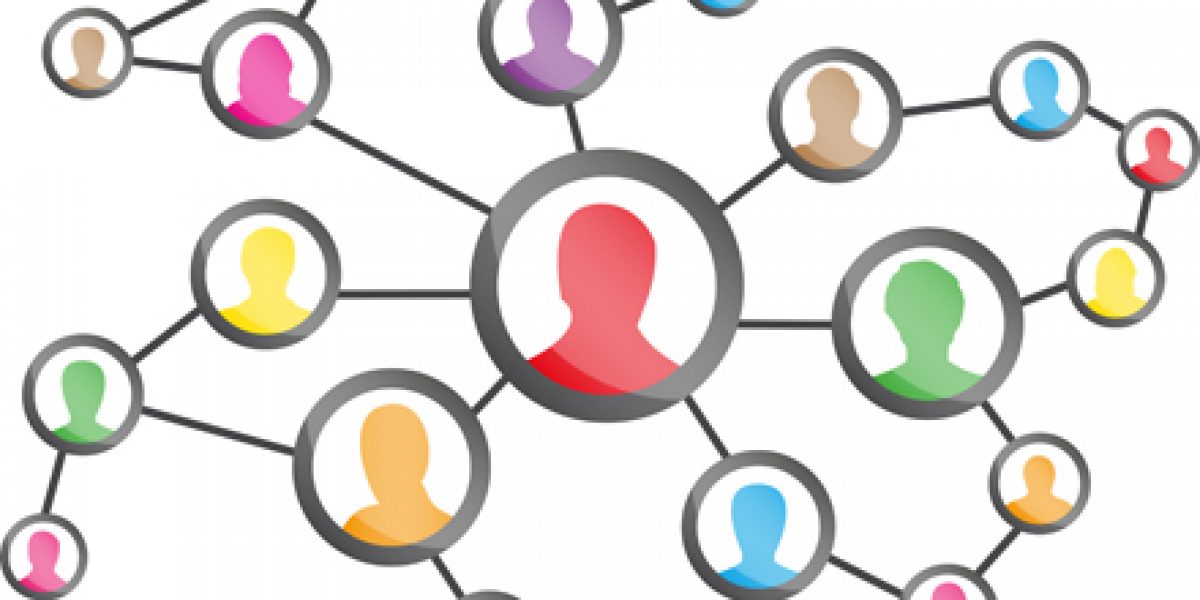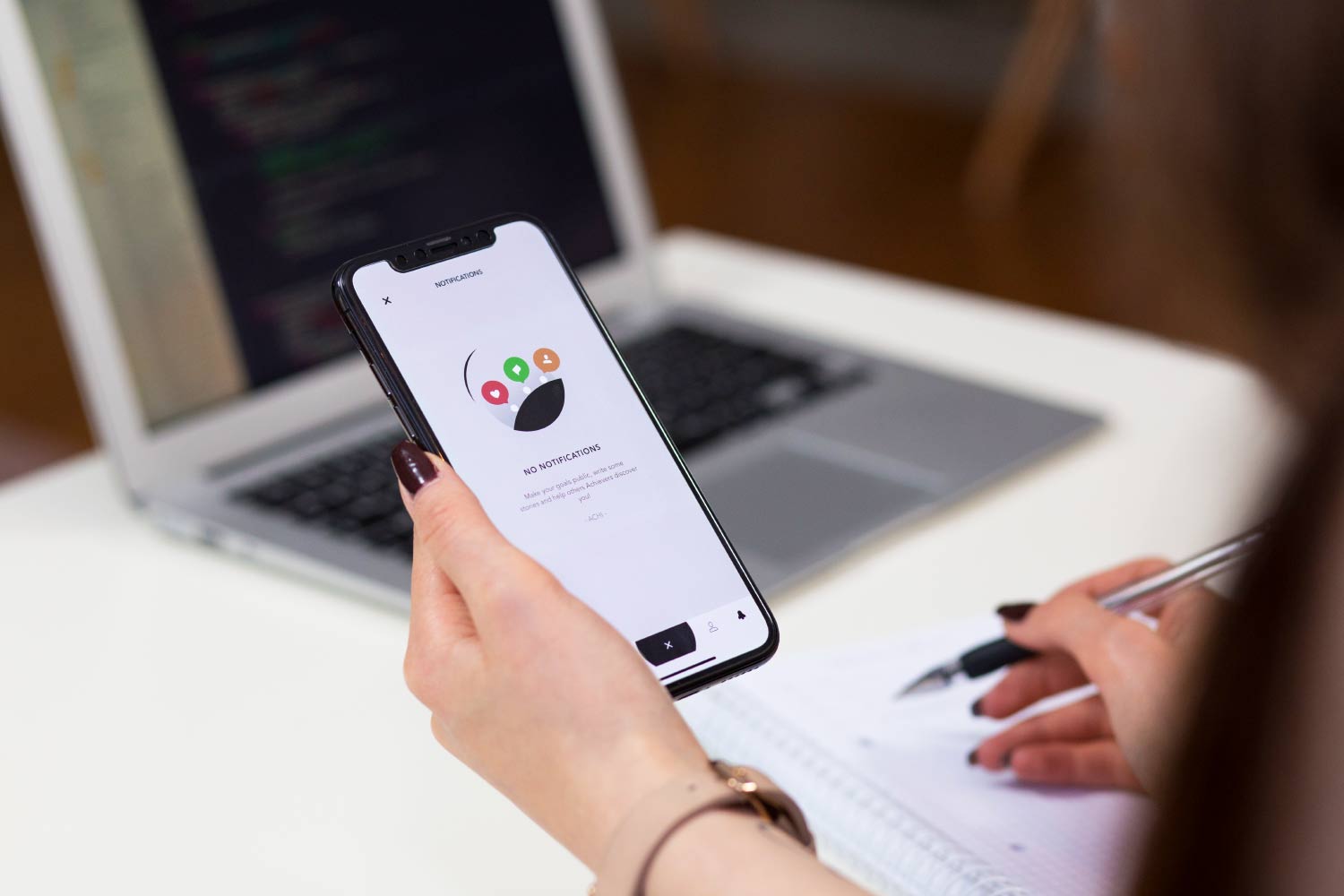Let’s talk about the positive mental and physical health benefits of having meaningful connections with others.
Social connection is more important than we may think for our overall health and wellbeing. Connecting with others can lower anxiety and depression, help us manage our emotions, lead to higher self-esteem and empathy, and reduce blood pressure, heart rate and stress hormones. Therefore, by neglecting our need to connect, we put our health at risk.
Feeling socially connected, emotionally supported and engaged in our communities is always beneficial, but it’s even more important during the COVID-19 pandemic when some of us may be feeling lonelier and more socially isolated than usual. Even before the COVID-19 pandemic, loneliness was on the rise and it was a major concern in our society because of its wide range of negative effects on both physical and mental health. In fact, loneliness has been shown to be as harmful for our health as smoking 15 cigarettes a day! One of the main causes of loneliness is social isolation – not having the necessary social connections to keep us from feeling lonely.
Through the COVID-19 pandemic, we are all encouraged to connect with others to lessen the impact of loneliness on our health and wellbeing. Although it’s important to keep our physical distance from others at this time, it doesn’t mean that we must distance ourselves socially or emotionally. The shift from using the term ‘social distancing’ to ‘physical distancing’ helps strengthen the message that we need to stay socially connected, especially during these difficult times.
We can use these physical distancing days to learn that we don’t have to be close to someone to feel close to them. We may need to get creative, but there are many ways to stay connected with others. It can be as simple as:
- Setting up phone dates with family members or friends
- Using video chat software or mobile apps like Skype, Zoom or Houseparty
- Checking in over text message
- Joining a group on social media where you can read and send messages of support
- Participating in virtual community events (e.g. Bingo or trivia night)
- Hosting an online movie night (e.g. Netflix Party)
- Helping others in the community by volunteering or participating in a random act of kindness
It’s also important to think about ways to have “real” conversations with others and to be honest about how we’re really doing. For example, when someone asks us how we’re doing, we might say we’re ‘fine’ or ‘good’ even if we don’t mean it. By doing this, we miss a chance to connect with others in a meaningful way. We also miss the opportunity to slow down and figure out what we’re truly feeling, which can ultimately help us feel better. So, next time someone asks us how we’re doing, let’s try “getting real” about how we feel and to notice how our conversations and relationships change as a result.
Remember that mental health impacts all of us. Each year, 1 in 5 Canadians will experience a mental illness or mental health issue, but 5 in 5 Canadians has mental health and we all need social connection. During these difficult times, we need each other more than ever. Let’s work together to support good mental health in our communities and help each other feel socially connected.
For additional support, please reach out to one of the following local mental health resources:
• Marathon Family Health Team: 807-229-3243
• North of Superior Counseling Programs: 807-229-0607
• Biigtigong Mno-zhi-yaagamig Health Centre: 807-229-1836
• Dilico Anishinabek Family Care: 807-822-2521
• Pic Mobert Health Centre: 807-822-2625
• People Advocating for Change through Empowerment (PACE): 807-229-0357
• Connex Ontario (24/7 crisis hotline): 1-866-531-2600
• Bounce Back (online self-management): www.bouncebackontario.ca
For more information on Mental Health Week, please visit the following website: www.mentalhealthweek.ca.



